Inaugurating the nine day-long forth Mahamastakabhisheka at historical Venur town in Belthangady taluk, CM said the the massive monolith statue of Bahubali symbolised self-control and subjugation of ego.
“The one important thing that we all must learn from the Jainism is 'sacrifice'. If one learns to self-control and subjugate his ego and abstain from evil traits, he will surely progress in society”, he said.
He opined that the principles of Jainism are relevant for today's society which was full of problems and imbalances.
After inaugurating the event, the CM offered his prayers to the 35-foot tall idol.
The rituals were carried out strictly following the principles of Jainism. After an attractive procession there was a water abhishekha. Then one after the other, holy things were poured from the statue's curly head to toe.
Tender coconut, sugarcane, milk, sandal, turmeric, red-turmeric, flowers, coins, gold, floral garlands were seen flowing on the giant sculpture. Later, a huge arathi made its presence.
Thousands of devotees from across the country were seen eagerly waiting to get a glimpse of the celebrations.
The Mahamastakabhisheka organisers have set up stairs for devotees to reach the top of the idol and perform the rituals. On the first five days, the abhisheka would be performed using milk, sandalwood paste, and other material stocked in 108 kalashas. Around 450 litres of milk and 5 kg of sandalwood paste would be used in the first five days. This quantity would increase as more kalashas would be used for the abhisheka as the event progresses.
The abhisheka would be performed by families, including Ajila Princely family and Heggade from Dharmastala, on the first eight days of the event. Each family would bear the expenses of the ceremonies performed on the day. People could perform abhisheka on the last day of the event when material stored in 1,008 kalashas would be used.
The State Government had sanctioned Rs. 2 crore for the event. Some portion of this amount had been used for development activities, including asphalting of road and repair of compound wall. To commemorate this historic event, organisers had prepared a plan to provide drinking water for 12 villages surrounding Venur at an estimated cost of Rs. 25 crore. The water for these villages could be pumped from the Phalguni river, according to the organisers.
Going by the history, Thimmannajila Arasa installed the Bahubali statue in Venoor on the banks of Phalguni river in 1604 AD. The first Masthakabhisheka was held in 1928 followed by the second ceremony in 1956 and the third one in 2000.
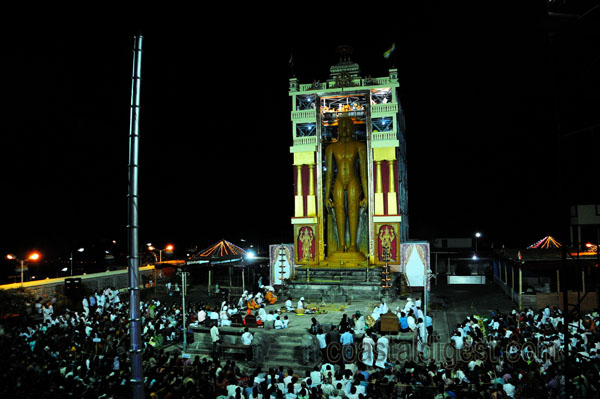
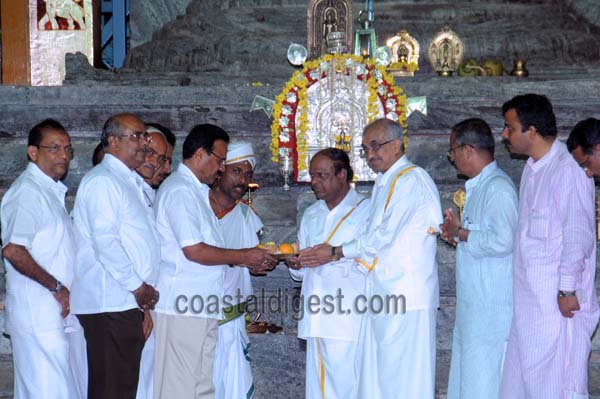
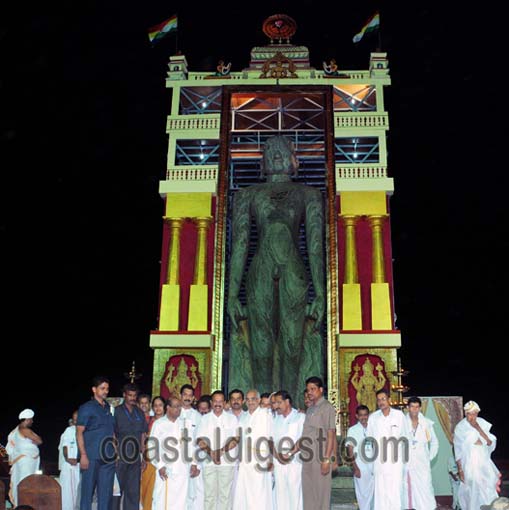
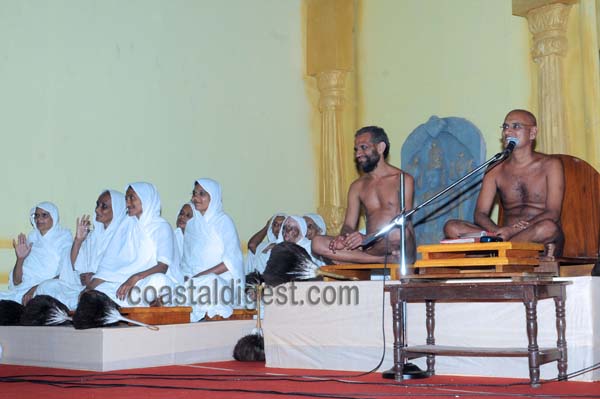
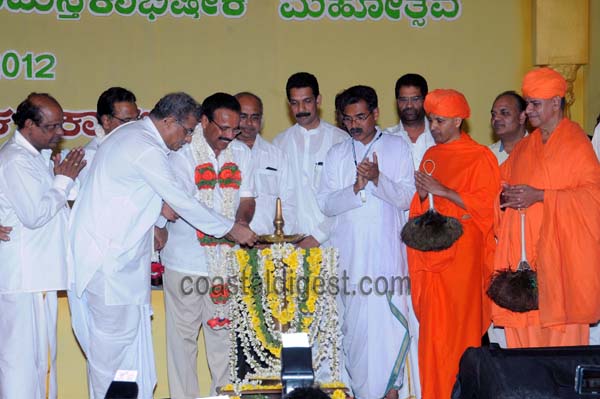
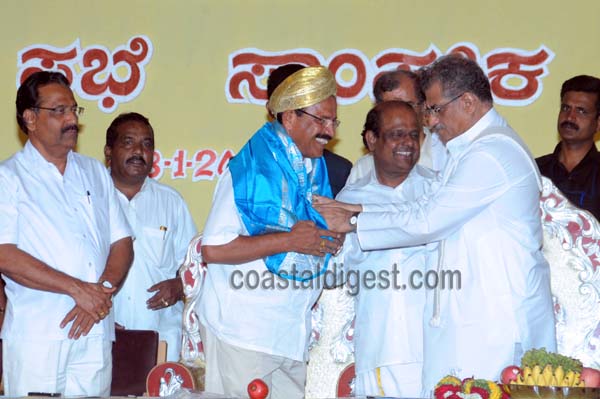
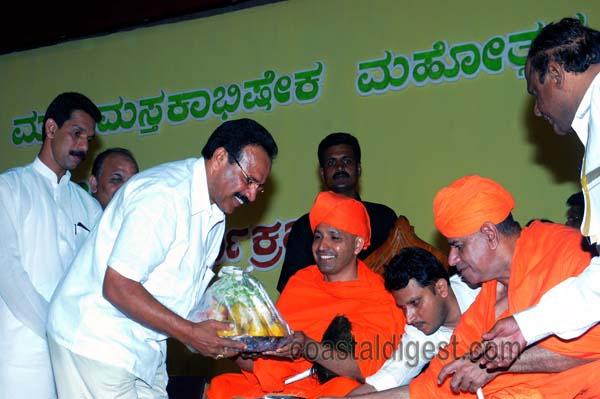
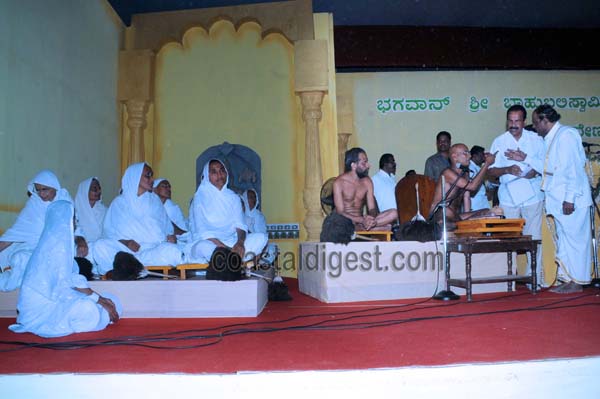
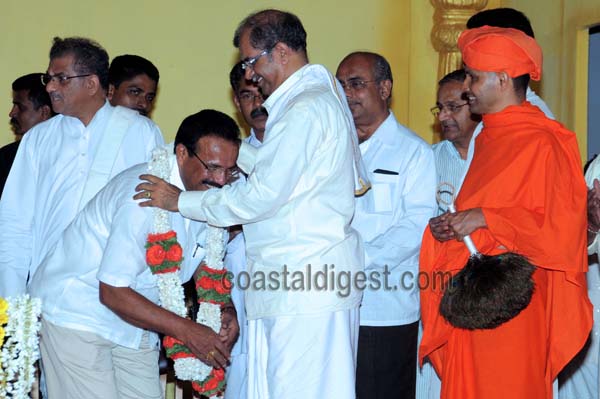
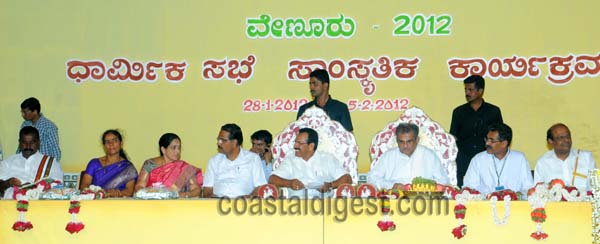
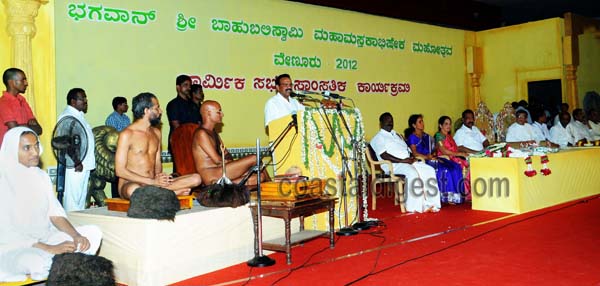
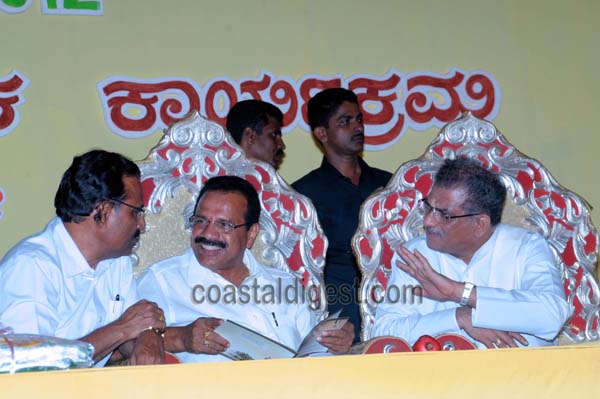
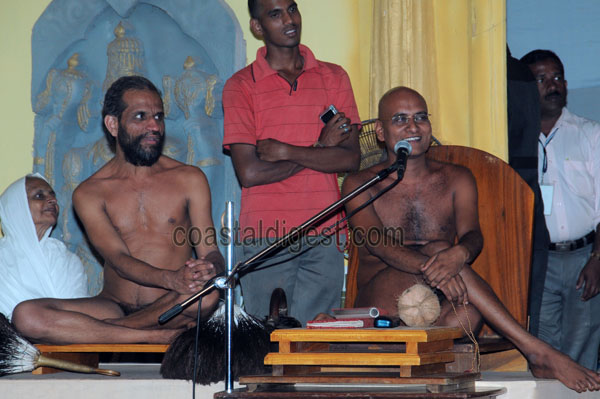
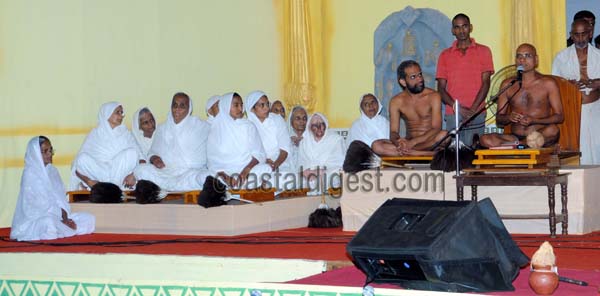
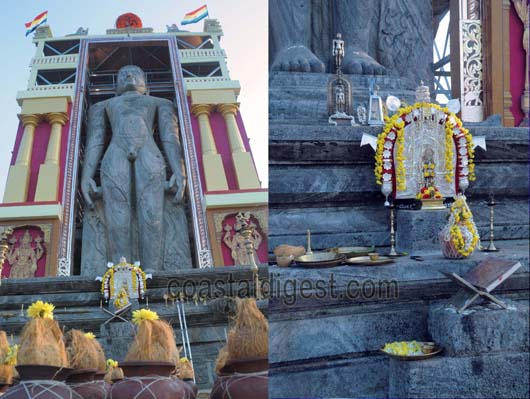
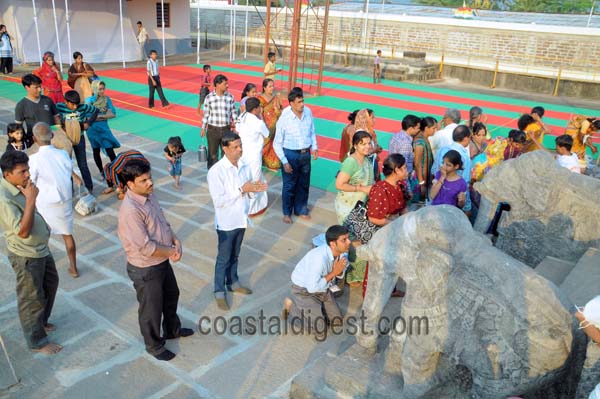
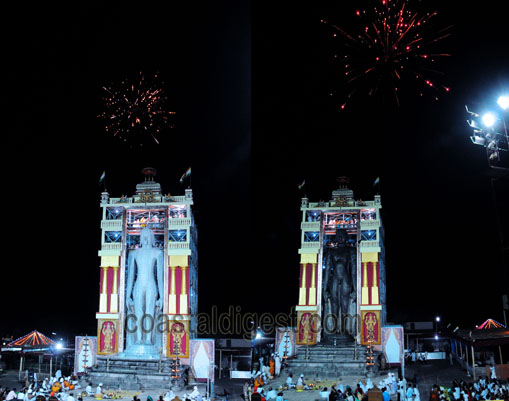
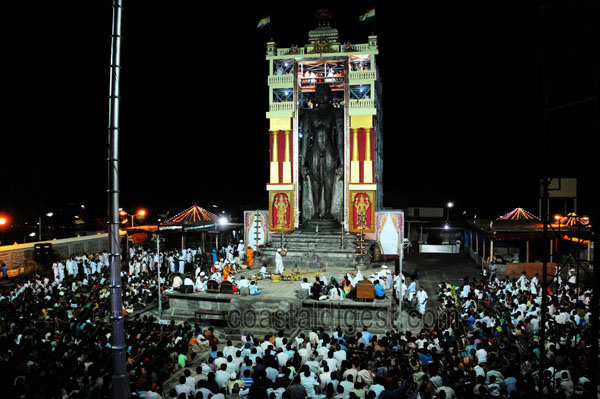
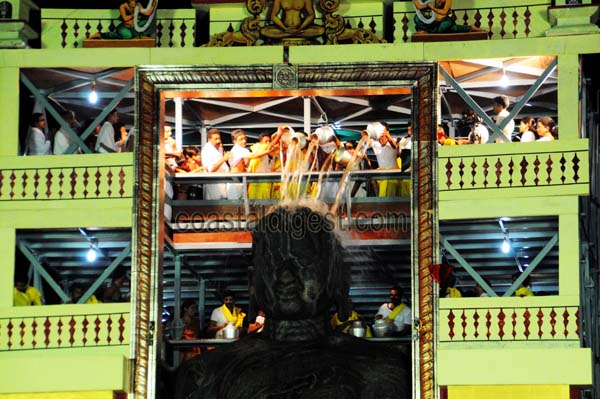

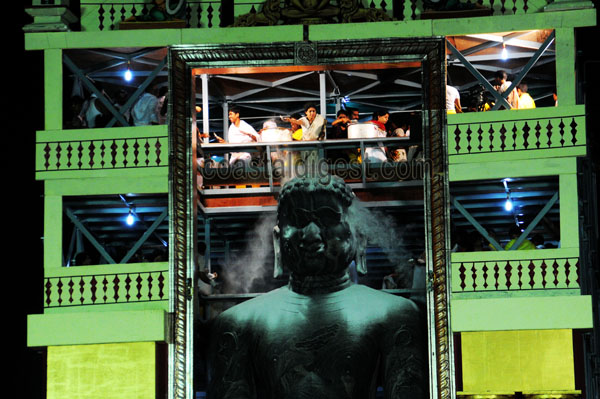
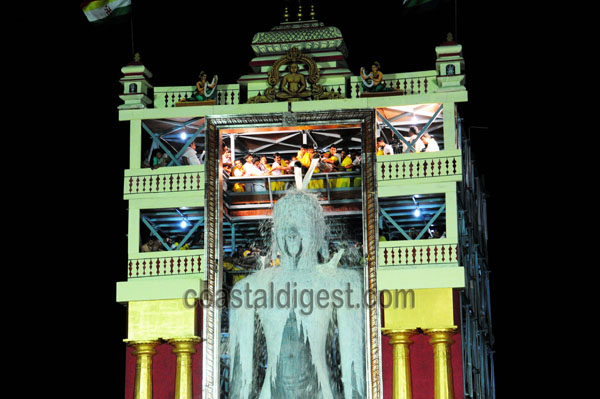
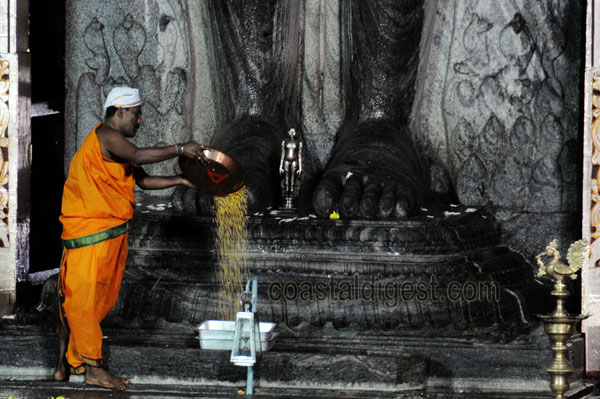
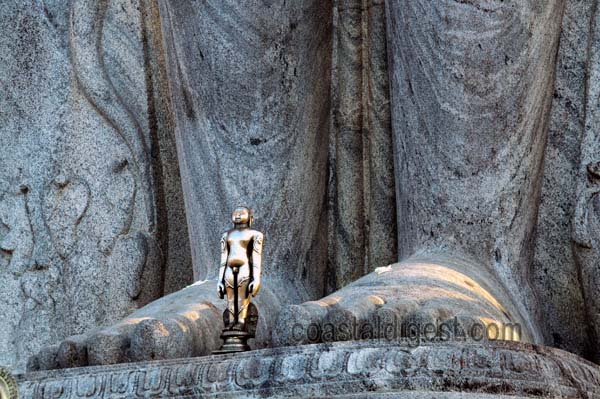
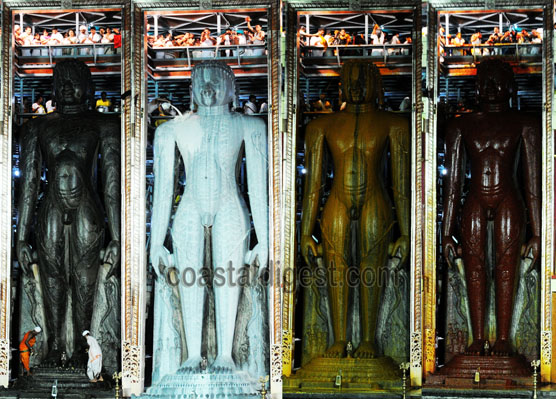







Comments
Add new comment